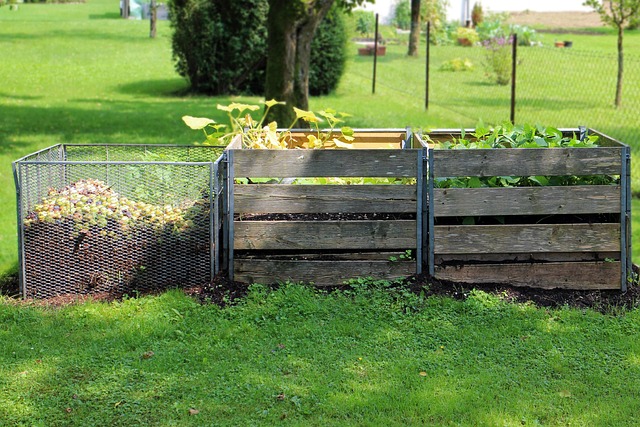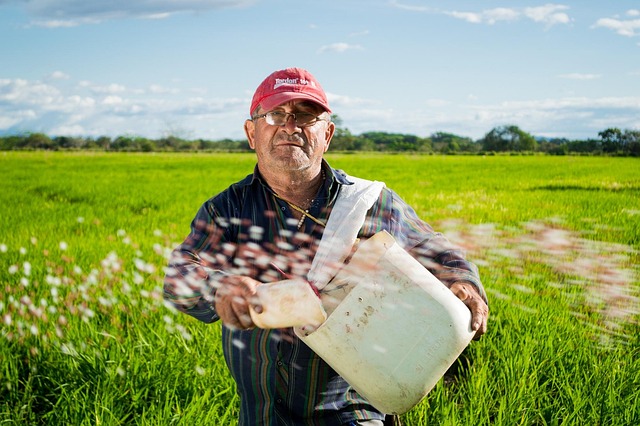In an age where environmental sustainability is becoming increasingly crucial, eco-friendly gardening practices have taken center stage among enthusiastic gardeners. One of the most effective ways to engage with nature while minimizing your ecological footprint is through the use of natural compost. This age-old practice not only enhances soil health but also supports your journey toward a more sustainable lifestyle.
The benefits of natural compost extend far beyond enriching the soil. By recycling kitchen scraps and yard waste, you can significantly reduce the amount of waste that ends up in landfills while creating nutrient-rich food for your garden. This process aligns beautifully with the principles of eco-friendliness and allows you to reconnect with the natural cycles of life.
Imagine walking through your garden, surrounded by vibrant vegetables and luscious fruits, all growing from the organic matter you composted at home. Using natural compost fosters a deep connection with nature, as you witness firsthand the transformation of waste into wholesome nourishment for your plants. This not only results in a bountiful harvest but also helps improve the soil’s structure, supporting beneficial microorganisms and enhancing water retention.
Incorporating natural compost into your gardening routine means you are actively participating in eco-conscious practices. You are choosing to nurture the environment while nourishing your family with chemical-free produce. This decision reflects a commitment to preserving the earth for future generations, a principle that resonates deeply in today’s world.
As you dive into the world of gardening, consider creating a compost bin or pile in your backyard. It requires minimal effort and can be made from a variety of materials, including vegetable peels, coffee grounds, grass clippings, and dry leaves. Over time, these materials will decompose, turning into rich, dark compost that can be used to revitalize your garden beds.
Moreover, using natural compost can reduce the need for synthetic fertilizers and pesticides, which may harm beneficial bugs and wildlife. With a focus on eco-friendly practices, you not only create a sanctuary for your plants but also for various species that depend on a healthy environment to thrive. Your organic garden can turn into a haven for pollinators like bees and butterflies, contributing to the balance of our ecosystem.
Of course, the journey doesn’t stop at composting. Exploring companion planting, crop rotation, and organic pest control methods can further complement your eco-friendly efforts. By embracing these practices, you promote biodiversity in your garden, ensuring it remains vibrant and productive.
The essence of eco-friendly gardening lies in its harmony with nature. When you choose to harness the power of natural compost, you are not merely growing food; you are cultivating a deeper understanding and respect for the environment around you. Gardening becomes a mindful practice, one that brings you closer to the earth and its wonders while yielding nature’s gifts.




